According to the news, Thailand's Department of Special Investigation (DSI) has summoned Venerable Phrathepyanmahamuni (Luang Por Dhammajayo) to acknowledge allegations that he has committed wrongdoings by conspiring to launder money and to receive stolen property. Wat Phra Dhammakaya affirms Ven. Phrathepyanmahamuni’s innocence and denies all such allegations.
The real Ven. Phrathepyanmahamuni
Ven. Phrathepyanmahamuni (72), Abbot of Wat Phra Dhammakaya, began studying Dharma in 1963 while he was a freshman at Kasetsart University. He practiced meditation with Khun Yai Chand Khonnokyoong, top disciple of Luangpor Sodh, the famed Abbot of Wat Paknam Bhasicharoen, without missing a day even during final exams at the university. Ven. Phrathepyanmahamuni graduated from Kasetsart in 1969 with a Bachelor’s degree in Economics. He took the saffron robe to become a Buddhist monk for life at Wat Paknam in 1969, whereupon, he was given a monastic name, “Dhammajayo".
In 1970, one year after Ven. Dhammajayo’s ordination, Lady Prayad Pattayapongsavisuttatibodi donated 78 acres of land at Klong Sam Precinct, Klong Luang District, Pathumthani Province, to the group to build a Buddhist temple. Ven. Dhammajayo and his team spearheaded the development and building of the temple facilities, which were later to be known as Wat Phra Dhammakaya. The temple was formally established on Magha Puja Day, February 20, 1970.
The temple continued to prosper since. On important Buddhist days tens of thousands of people came to practice meditation at the temple. The land eventually became too small to accommodate the ever-increasing number of laypeople who came to use the facilities. Through the years that followed, temple congregations contributed funds to acquire more land, now grown to 1,000 acres.
Substantiation of Ven. Phrathepyanmahamuni’s innocence and his pure-heartedness
Anyone can say anything, good and bad. What is more reliable than words is action—more than fifty years of continuous action.
One thing is clear: Ven. Phrathepyanmahamuni has dedicated his entire life to Buddhism. Whether one agrees or disagrees to his method of propagating Buddhism is one’s own right to do so. It is subject to each one’s taste and temperament. But it is unconscionable for one to accuse him of wrongful intention. One who has wrongful intention as a motive is often one who seeks rewards and gains. Such a person would not have done what Ven. Phrathepyanmahamuni has done. He or she would never have the ability to accomplish any of the following tasks:
Building religious facilities capable of accommodating one million Buddhists. This is an exceptional job that requires a lifelong dedication. The cetiyas, the chapel, the meditation halls and numerous other facilities, the combined values of which amount to billions of Baht, belong to the nation and the religion. Not one single Baht has been subsidized by the government.
Producing more than 4,000 monks, novices and temple staff and helpers who dedicate their lives to Buddhism, as well as a million laypeople who have found refuge in Buddhism.
The Buddha said, “Morality can be recognized when people live together.” Those who have lived together for tens of years obviously must have known the character of the people they have lived with. If Ven. Phrathepyanmahamuni is not truly virtuous, would you expect any of the monks, novices, temple staff and helpers, to have dedicated their lives to the religion under his leadership like they have done? It is only natural that one has to realize the goodness of something before one is willing to dedicate one’s life to that something.
Can one accuse a person who has done goodness consistently throughout his life of pretense?
Dedicated his life for the sake of society
Ven. Phrahepyanmahamuni has contributed billions of Baht to public charities. Here are some examples:
Performing robe offerings for monks in 323 temples in the Southern provinces every month for the past twelve years
Creating more than 30,000 financial aids to teachers in the South
Provided requisites and food for mass-ordinations of more than 10,000 monks in towns and villages throughout Thailand, twice a year, every year. This is a campaign to prevent temples from being abandoned.
Group ordination of one million novices to revive morality for youths
Provide reliefs for people in Thailand and other countries who suffered natural disasters, such as floods, hurricanes and tsunamis.
Plea for Justice
Ven. Phrathepyanmahamuni has lived a life of purity from a very young age to now an advancing age. At age 72, his health is failing. This is the final stage of his life. To accuse a virtuous person such as him of money laundering and receiving stolen properties is groundless and unconscionable. Think of it logically. Why would someone like him want to do such a thing? He has done a great deal for Buddhism and the society.
